When speaking with the Japanese economic newspaper Toyo Keizai, Yoshiyuki Tomino, the renowned creator of Mobile Suit Gundam and anime director known for his bluntness, didn’t mince words about his thoughts on the current anime industry. This included a stark criticism of the recent output from the animation giant, The Walt Disney Company.
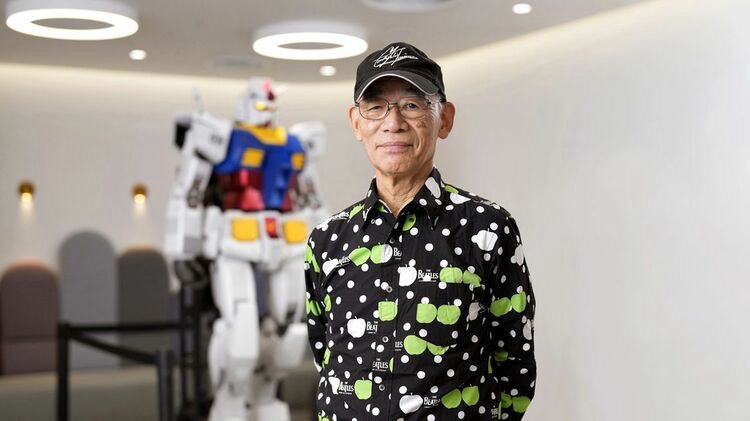
The director acknowledges that the anime industry is currently in a golden age but expresses concerns about a possible decline in the next five or six years. While he believes that anime itself will not disappear, he is skeptical about it surpassing its current level. Additionally, he anticipates that films by Hayao Miyazaki will continue to be regarded as classic pieces in the future.
Tomino highlights the industry’s “digitalization,” the shift from hand-drawn animation to CG, coupled with the move to larger and more impersonal office structures. He places blame on Disney, characterizing their recent animated features as “depressing” and “boring”.
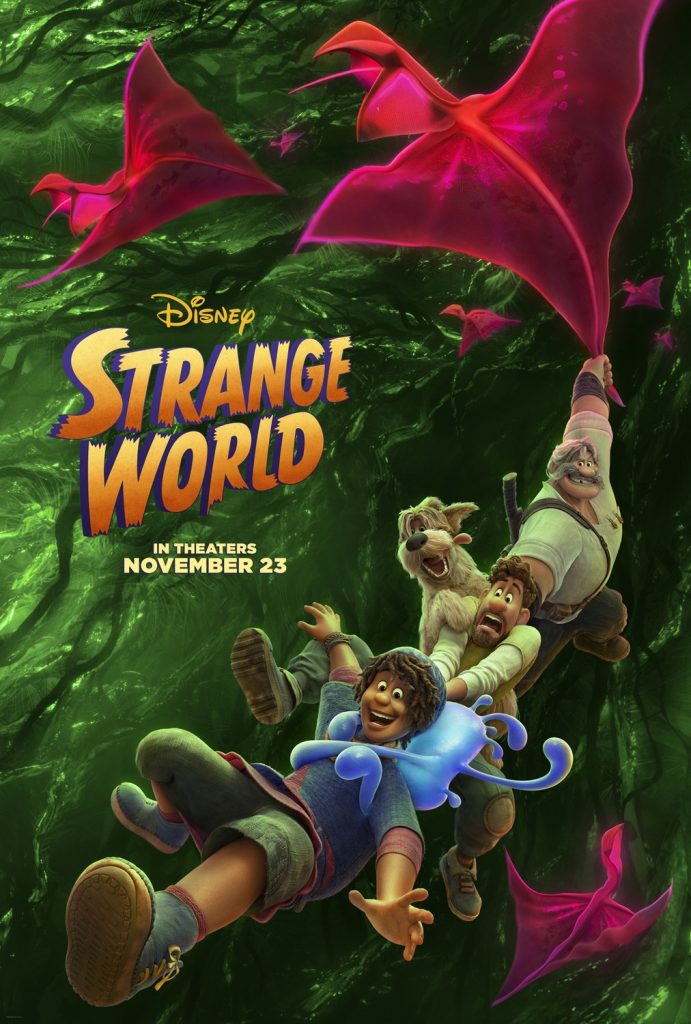
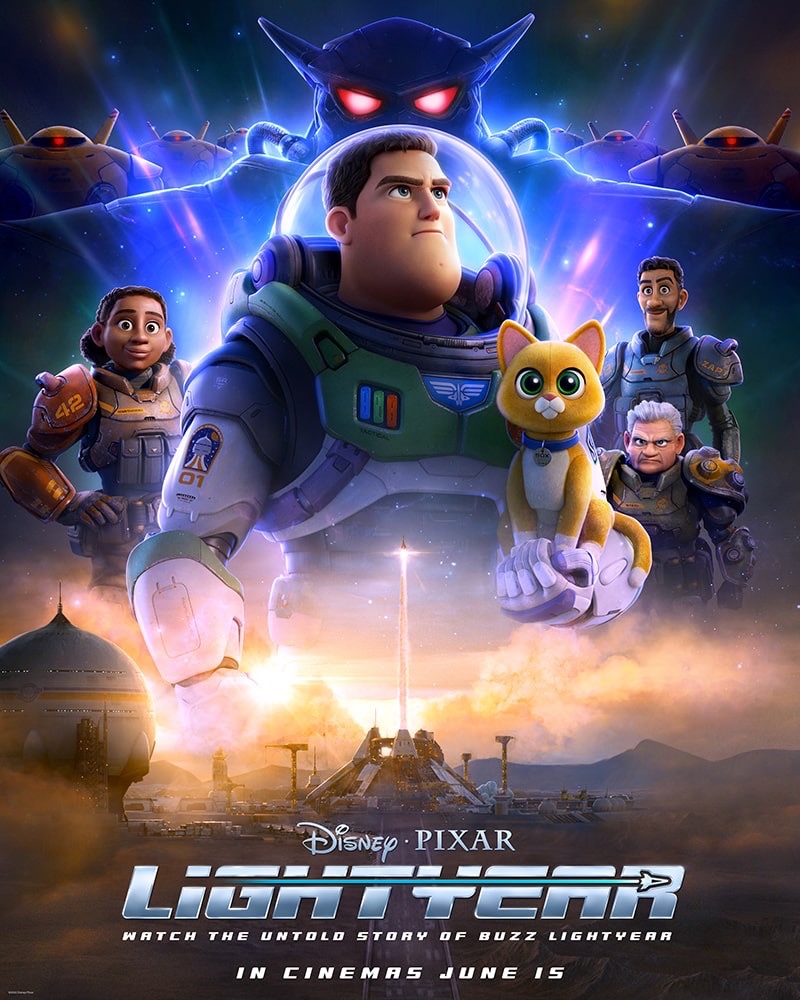

Citing Bandai Namco Filmworks(Sunrise)’s move to a new centralized office in Ogikubo as an example, Tomino says its too modern and that creators need to have an “element of craziness,” “be spiritual, close to the Earth and independent”. He asserts it’s a repeat of Disney making “empty blockbusters without any personality”. Disney, the once celebrated media company, has been the subject of scrutiny for the last several years for their declining stock value, low box office returns, critically divisive to panned works, C-suite drama, and multiple stakeholder proxy wars.
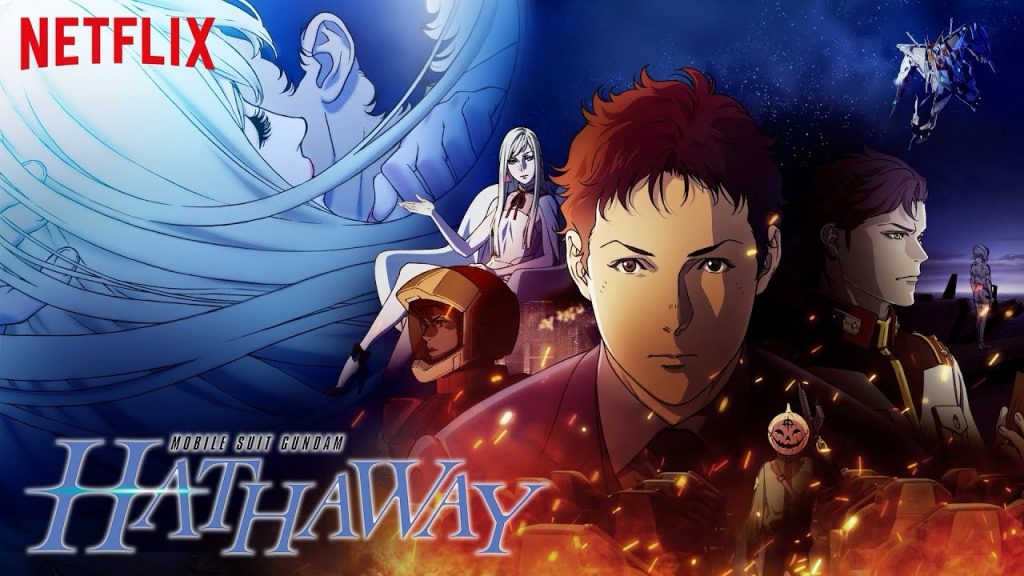
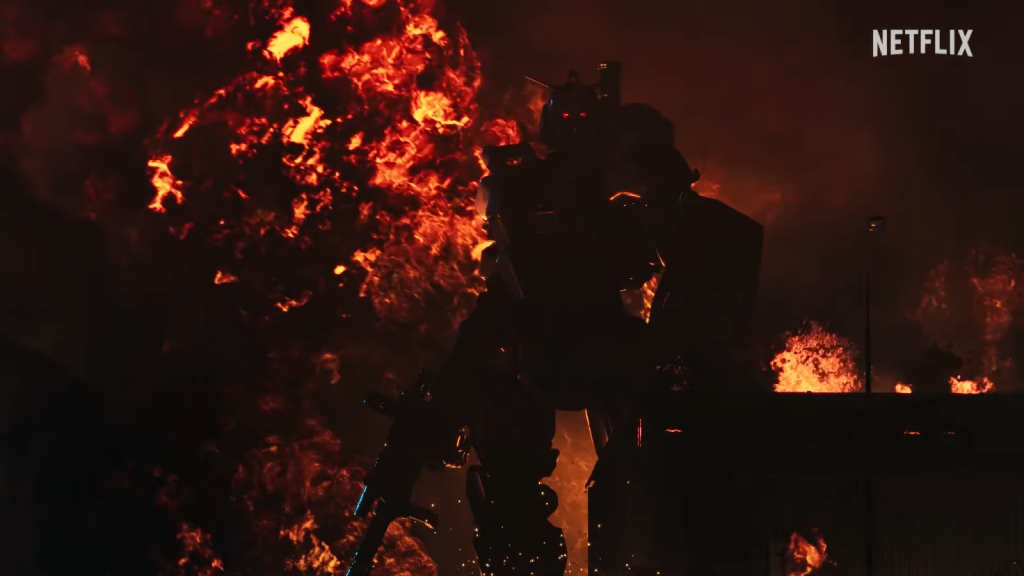
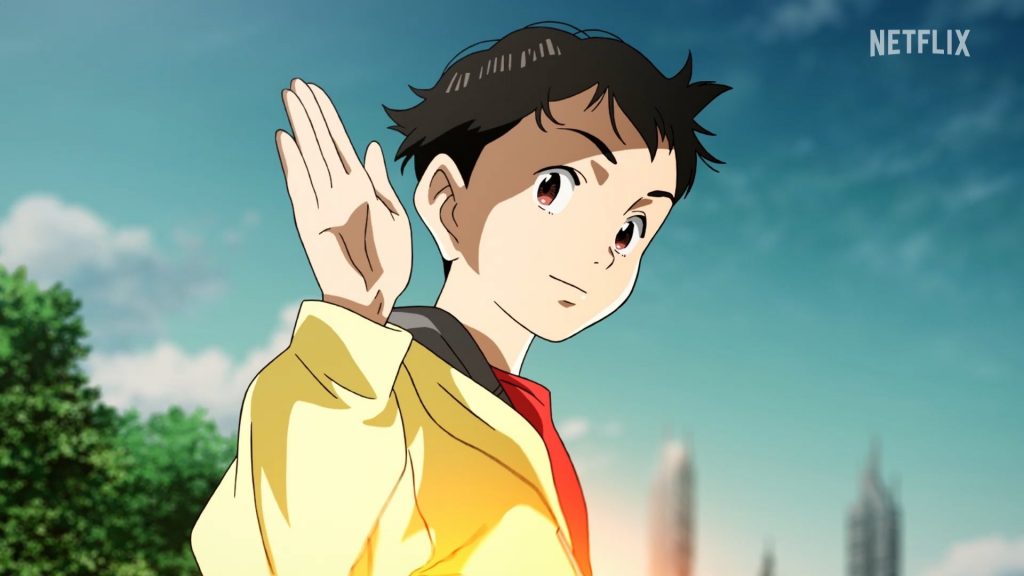
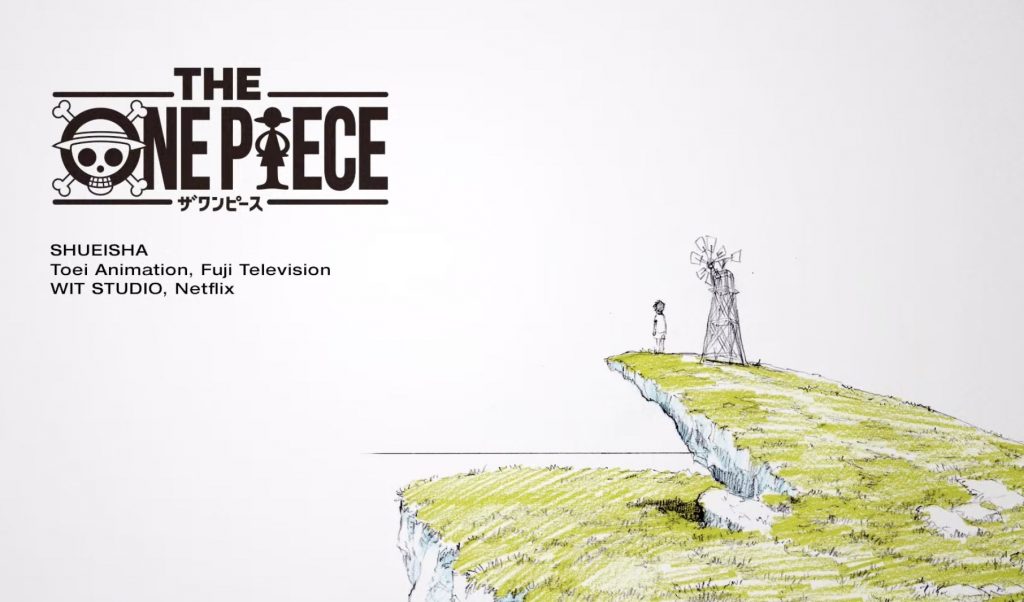
Another noteworthy observation from Tomino is that despite the increased investment in anime, particularly with the rise of streaming services, he observes that the prosperity is not reaching animation studios. With humble beginnings as a video rental service, Netflix has become one of the titans of the entertainment industry, pioneering the current the streaming landscape. The streamer has undertaken a plethora of original and licensed anime content, including Trigger’s Cyberpunk: Edgerunners, Studio M2 and Naoki Urasawa’s Pluto, Mobile Suit Gundam: Hathaway’s Flash, Mobile Suit Gundam: Requiem for Vengeance, and the bombshell announcement of a remake of One Piece. The director calls online streaming “a tricky system made to trap users and make it impossible for them to escape”.
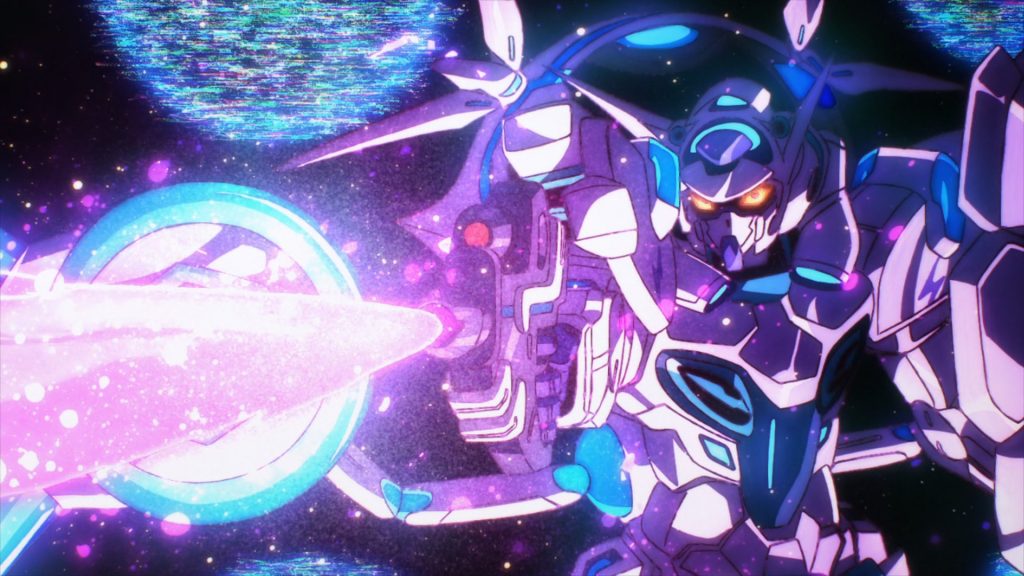
Discussing AI, despite its current popularity in various industries, Tomino asserts that people possess the ability to distinguish between authenticity and imitation, and he believes they will always prefer the real thing. With this mindset, he holds an optimistic view that there will eventually be a resurgence in analog drawings.
Born in Odawara, Kanagawa Prefecture, Yoshiyuki Tomino is one of the pioneering creatives in the anime industry having debuted on Osamu Tezuka’s Astro Boy in 1963 as a writer and storyboard artist. Tomino began his long standing relationship with legendary anime studio Sunrise with directing works such as the 1975 La Seine no Hoshi and their “super robot” mecha anime Brave Raideen, Invincible Super Man Zambot 3, and Invincible Steel Man Daitarn 3.

The director would go on to pair with the studio again to create the 1979 Mobile Suit Gundam series, ushering in a new sub genre of mecha anime works. Gundam moved away from simple “good vs evil” storylines and depicting mecha as “superheroes” but as realistic war machines with grounded, nuanced political narratives, to be later dubbed the “Real Robot” genre. Tomino has since become a star player in the genre directing a multitude of mecha anime and Gundam entries with Sunrise such as, Space Runaway Ideon, Combat Mecha Xabungle, Aura Battler Dunbine, Heavy Metal L-Gaim, Mobile Suit Zeta Gundam, Mobile Suit Gundam ZZ, Mobile Suit Gundam Char’s Counterattack, Mobile Suit Gundam F91, Mobile Suit Victory Gundam, Turn A Gundam and Overman King Gainer.
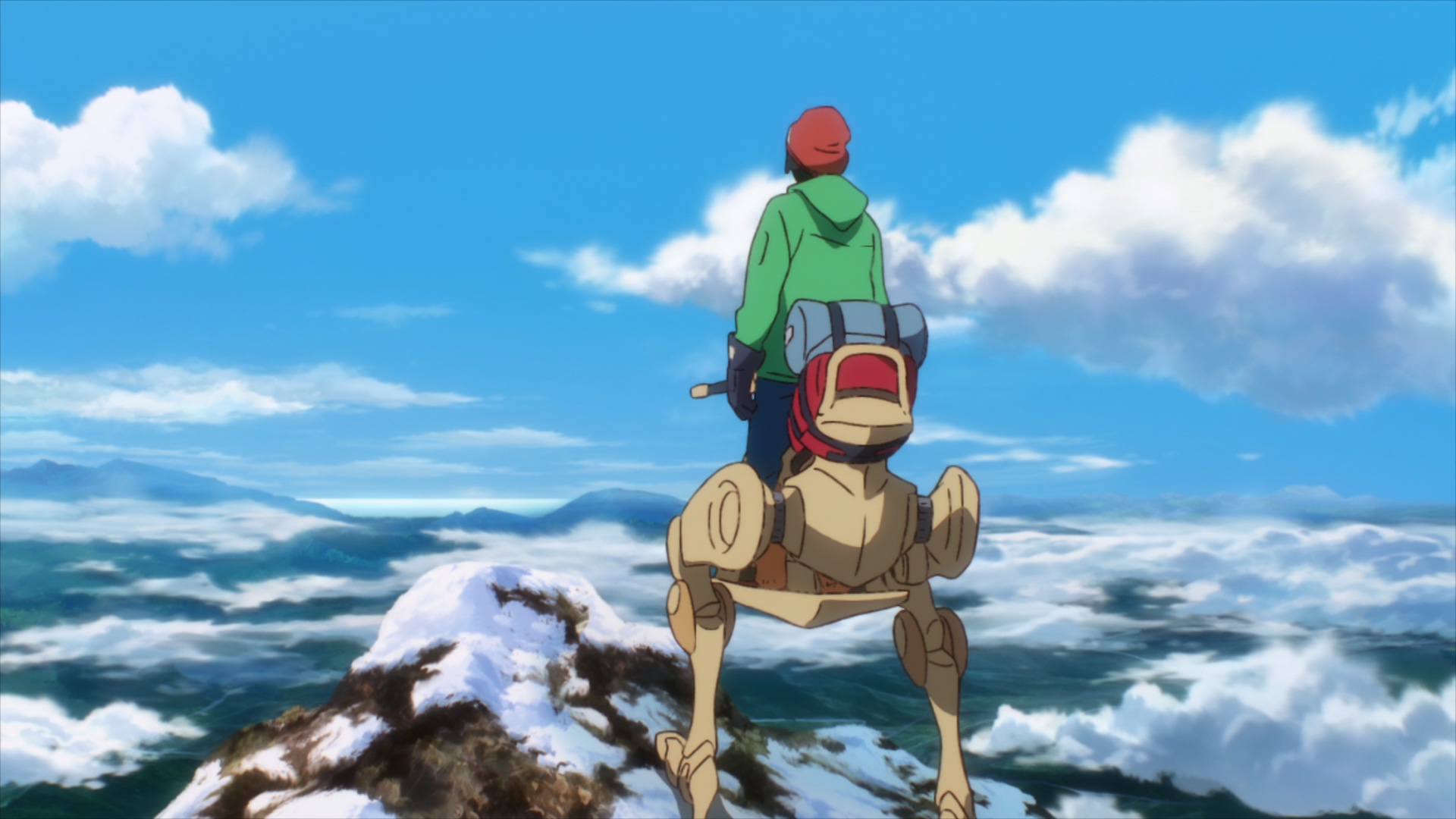
The director’s latest work is 2014‘s Gundam Reconguista in G, which celebrated the 35th anniversary of the Gundam franchise. The director retold the series in the form of five compilation films, releasing from 2019 to 2022.
Source: Toyo Keizei(via Fullfront.moe)

















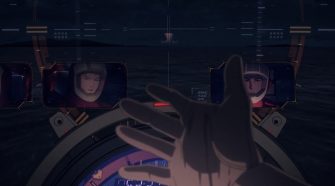
No Comment